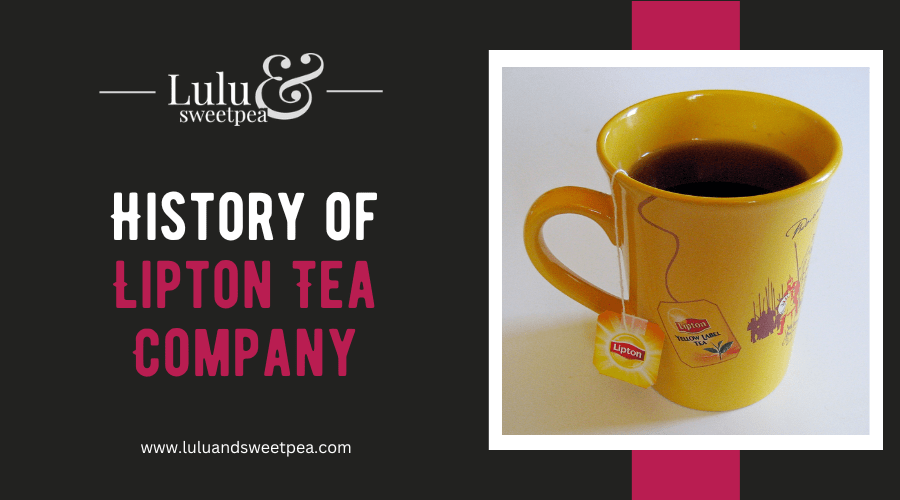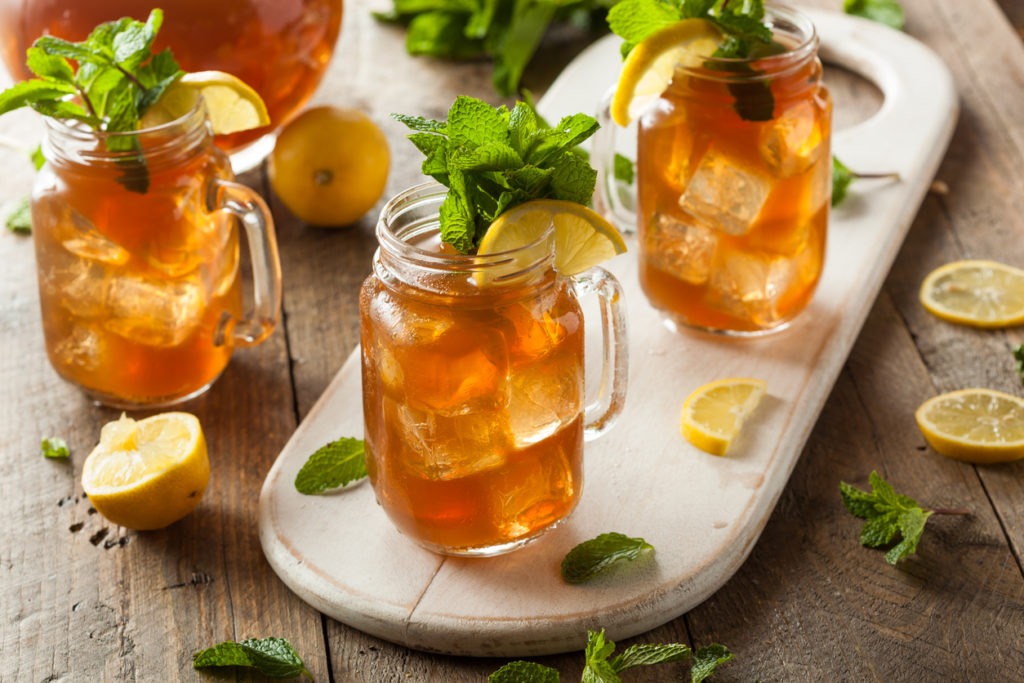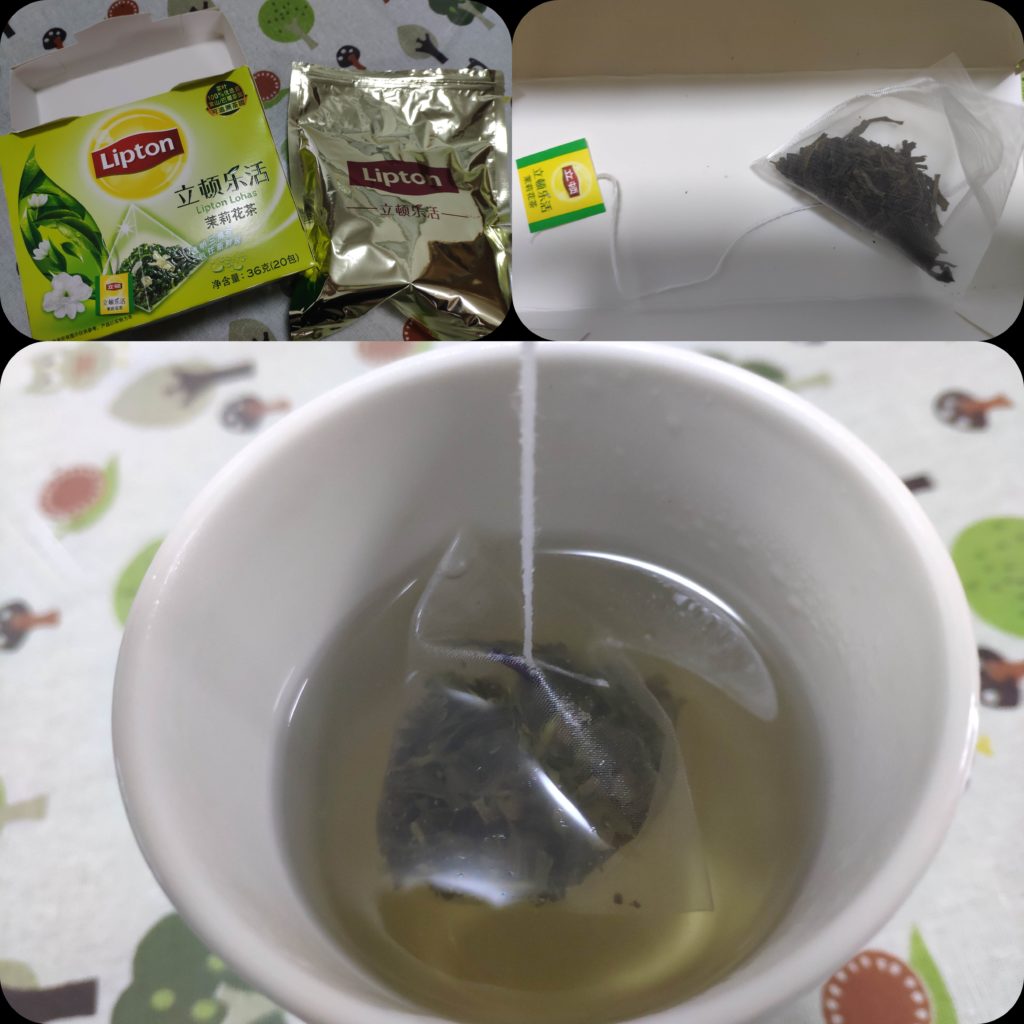Lipton Company’s history dates back to the 1800s, when Sir Thomas Lipton had a vision. Sir Thomas would climb from modest beginnings in a Glasgow tenement building to become a world-famous businessman, yachtsman, and of course, tea merchant extraordinaire.
At the young age of 16, Sir Thomas enlisted as a cabin boy and set out for the United States, where he worked at a number of different professions before going back to Scotland to assist his parents in running their grocery shop.
The Birth of LIPTON® Tea
Sir Thomas embraced the grocery industry like a duck to water, and one store quickly expanded to a chain of establishments all around Glasgow. He would offer tea to his clients as one of his goods, and not long after that, he realized the enormous potential of this energizing beverage and purchased his first tea farm in Ceylon (now Sri Lanka). After that, he rearranged it and put in a ground-breaking cable car system to improve the effectiveness of moving leaves.
Marketing Genius
Sir Thomas embraced the grocery industry like a duck to water, and a single store quickly expanded to a chain of establishments all around Glasgow. Tea was one of the goods he offered to his clients, and not long after that, he realized how lucrative this energizing beverage could be and purchased his first tea farm in Ceylon (now Sri Lanka). Then, in order to improve the efficiency of moving leaves, he rearranged it and implemented a cutting-edge cable car system.
Taking Tea to the World
But what distinguished Sir Thomas was his belief that anybody, of any class, should be able to enjoy tea at its finest in an era when it was a rare and expensive luxury.
He established the Thomas J Lipton Co.® tea packaging business in Hoboken, New Jersey, and started exploring cost-effective packaging and delivery options. Loose tea was delivered in different weights rather than containers. As the first to offer loose tea directly to the general public, he also eliminated the middlemen. Finally, enjoying a fine cup of tea wasn’t just for aristocrats anymore.
The Tea Bag Revolution
Tea bags were created by accident. An American merchant, Thomas Sullivan, was shipping tea and customers believed that the entire silk bag was for steeping tea. Lipton made use of this concept by being the first company to label tea bags with brewing instructions.
How Cold Became the New Hot
However, iced tea didn’t make its first print appearance until 1879, in a cookbook titled Housekeeping in Old Virginia. The book’s author advised steeping the green tea for a day, then filling the goblets with ice and two teaspoons of granulated sugar before adding the tea.
However, it was the St. Louis 1904 World’s Fair, 25 years later, that provided iced tea with its big break. Tea farm owner Richard Blechynden decided to add ice to his free samples of tea because of the hot weather. The cool and energizing outcome was a huge success. This free gift-giving campaign is credited with popularizing iced tea.
LIPTON® Joins the Iced Tea Party
Since the first iced tea powder mix was introduced in the USA in 1964 and made its way to Europe in 1978, the Iced Tea brand has seen steady growth. In fact, more than 100 nations around the world currently sell bottled Lipton® Iced Tea, which was introduced in 1991.
An Iced Tea for Every Occasion
Today, iced tea is widely consumed around the globe and comes in a great variety of tastes and flavors. There is an iced tea for every occasion, including traditional and still as well as lemon, peach, and mango. Why not cheer up your day with a deliciously refreshing Lipton® Iced Tea as millions of other people do across the world?
The most consumed beverage in the world is tea, and Lipton is the most well-known tea company. Because of this, Lipton® sources, packs, grows, and purchases tea with the goal of taking care of the globe.
If a corporation is large, sustainability is a major responsibility (the Unilever parent company purchases 12% of the world’s black tea). A tremendous opportunity is sustainable development since it has the potential to improve the future of our planet.
For Big and Small Farmers
Naturally, sustainability includes considering others as well. Some of the tea farms that Lipton Company held are found in countries with tea farmers, including Kenya, Argentina, Tanzania, and Sri Lanka. Additionally, the tea company source from 1,000 tea farms and about 600,000 smallholder farms. Due to its wide-ranging worldwide influence, they also collaborated with the Rainforest Alliance to guarantee that all of its employees were paid fairly for their work.
Reaching Wider Communities
The Rainforest Alliance, an independent group, collaborates with people, groups, and businesses to protect biodiversity and promote sustainable lifestyles. The first tea farm to receive Rainforest Alliance certification worldwide in 2007 was Lipton’s Kericho estate. And as of 2015, all of the tea comes from tea gardens that have earned Rainforest Alliance certification. They are quite proud of it.
Caring for the Environment
They have a strong conviction about making a difference for the globe (while serving the customers with the tea they love). Through environmental programs like the Unilever Sustainable Agriculture Code, they accomplish this.
These commitments have allowed them to expand the number of native trees on the estates (planting over 370,000 trees to encourage birds and wildlife). To build local wetlands, they have improved wastewater treatment. Furthermore, on their Lipton estates, over 97% of the energy required for tea production is derived from sustainable energy sources.
Additionally, they aim to cut back on or completely stop using pesticides in agriculture. They promote the use of biological alternatives and provide proper training, if any pesticides are used, by collaborating with the Rainforest Alliance. Despite the fact that some teas may still contain trace levels, they are always attempting to lower this.
Innovation in the Tea
Lipton has one of the most extensive tea options. From hot turmeric to tart iced tea, there is a tea for every occasion. Why not attempt something novel then? You might discover your new favorite flavor after only a few sips.
Conclusion
LIPTON has long been a recognized brand in the tea industry on a global scale. Tea is one of the most consumed non-alcoholic beverages in the world and is becoming more recognized as an essential health beverage due to its supposed medicinal benefits. Almost two thirds of people on the planet regularly drank it in the morning.


